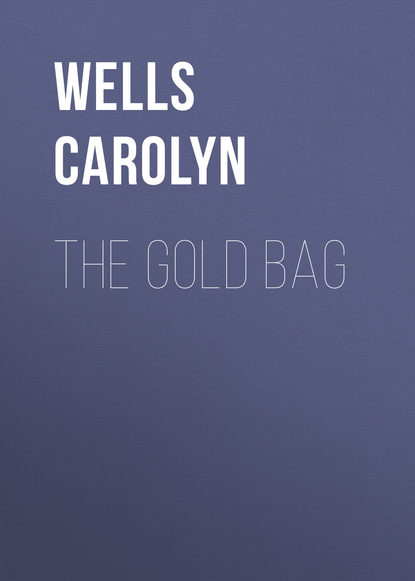По всем вопросам обращайтесь на: info@litportal.ru
(©) 2003-2024.
✖
The Gold Bag
Настройки чтения
Размер шрифта
Высота строк
Поля
“No,” said Miss Lloyd, “but it is only recently that my uncle expressed his disapprobation so strongly; and last night at dinner was the first time he positively stated his intention in regard to his will.”
At this Mr. Hamilton and Mr. Porter conversed together in indignant whispers, and it was quite evident that they did not approve of Mr. Crawford’s treatment of his niece.
Mr. Philip Crawford looked astounded, and also dismayed, which surprised me, as I had understood that had it not been for Miss Lloyd, he himself would have been his brother’s heir.
Mr. Randolph showed only a lawyer-like, noncommittal expression, and Gregory Hall, too, looked absolutely impassive.
The coroner grew more alert, as if he had discovered something of definite import, and asked eagerly,
“Did he do so? Did he go to his lawyer’s and make another will?”
Miss Lloyd’s cold calm had returned, and seemed to rebuke the coroner’s excited interest.
“I do not know,” she replied. “He went out after dinner, as I have told you, but I retired to my bedroom before he came home.”
“And you did not come down-stairs again last night?”
“I did not.”
The words were spoken in a clear, even tone; but something made me doubt their truth. It was not the voice or inflection; there was no hesitation or stammer, but a sudden and momentary droop of Miss Lloyd’s eyelids seemed to me to give the lie to her words.
I wondered if Gregory Hall had the same thought, for he slowly raised his own eyes and looked at her steadily for the first time since her testimony began.
She did not look at him. Instead, she was staring at the butler. Either she had reason to fear his knowledge, or I was fanciful. With an endeavor to shake off these shadows of suspicion, I chanced to look at Parmalee. To my disgust, he was quite evidently gloating over the disclosures being made by the witness. I felt my anger rise, and I determined then and there that if suspicion of guilt or complicity should by any chance unjustly light on that brave and lovely girl, I would make the effort of my life to clear her from it.
“You did not come down again,” the coroner went on pointedly, “to ask your uncle if he had changed his will?”
“No, I did not,” she replied, with such a ring of truth in her scornful voice, that my confidence returned, and I truly believed her.
“Then you were not in your uncle’s office last evening at all?”
“I was not.”
“Nor through the day?”
She reflected a moment. “No, nor through the day. It chanced I had no occasion to go in there yesterday at all.”
At these assertions of Miss Lloyd’s, the Frenchman, Louis, looked greatly disturbed. He tried very hard to conceal his agitation, but it was not at all difficult to read on his face an endeavor to look undisturbed at what he heard.
I hadn’t a doubt, myself, that the man either knew something that would incriminate Miss Lloyd, or that they two had a mutual knowledge of some fact as yet concealed.
I was surprised that no one else seemed to notice this, but the attention of every one in the room was concentrated on the coroner and the witness, and so Louis’s behavior passed unnoticed.
At this juncture, Mr. Lemuel Porter spoke with some dignity.
“It would seem,” he said, “that this concludes Miss Lloyd’s evidence in the matter. She has carried the narrative up to the point where Mr. Joseph Crawford went out of his house after dinner. As she herself retired to her room before his return, and did not again leave her room until this morning, she can have nothing further to tell us bearing on the tragedy. And as it is doubtless a most painful experience for her, I trust, Mr. Coroner, that you will excuse her from further questioning.”











